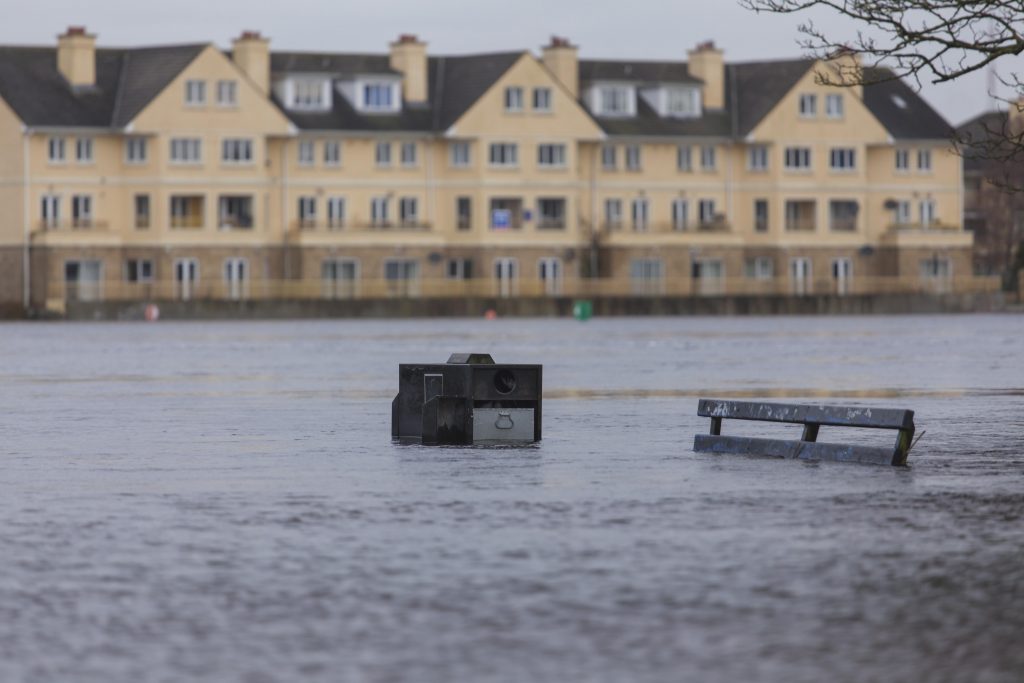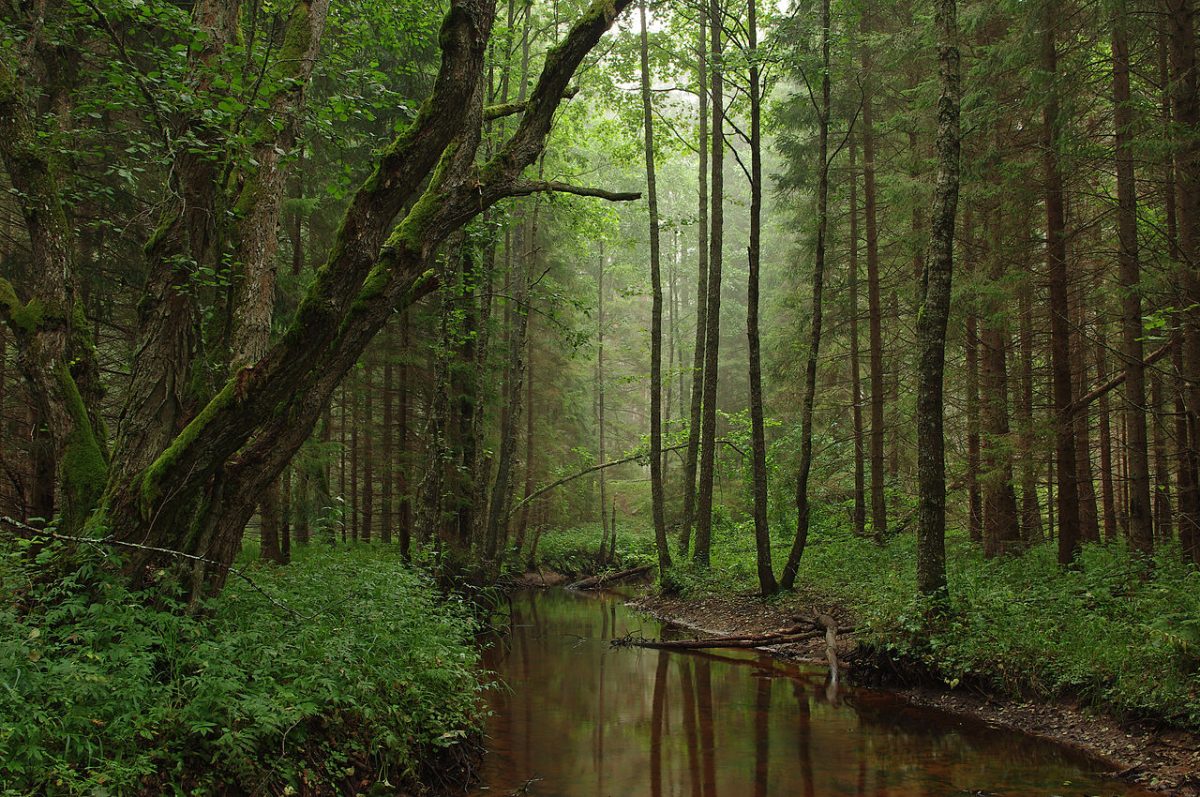Past four years hottest on record, NASA records show

February 6th, 2019
New findings that the past four years were the warmest on record shows that there is no longer any doubt that global warming is driven by human activity, Irish climate experts have said.
Data released today by NASA and the National Oceanic and Atmospheric Administration (NOAA) show that global temperatures were 0.83 degrees Celsius warmer in 2018 than the 1951 to 1980 average.
NASA’s data incorporates surface temperature measurements from 6,300 weather stations, ship- and buoy-based observations of sea surface temperatures, and observations from Antarctic research stations.
While global temperatures in 2018 rank behind those of 2016, 2017, and 2015, the past five years collectively amount to the warmest years in the modern record, the agencies found.
According to the World Meteorological Organization (WMO), 2016 remains the warmest year on record, averaging at 1.2 degrees Celsius above pre-industrial levels.
This warming, according to the director of NASA’s Goddard Institute for Space Studies, Gavin Schmidt, is largely attributable to increases in greenhouse gases emissions caused by human activities.

No longer any doubt
Echoing this view, emeritus professor at NUI Maynooth, Prof John Sweeney, said that the findings show that there “can no longer be any doubt” that the warming of recent decades has been “largely driven by increased human-related emissions”.
Prof Sweeney, who contributed to the Intergovernmental Panel on Climate Change’s (IPCC) Fourth Assessment Report, said that NASA’s data confirms the “continuation of an unbroken string of record hot years”.
“Today’s data shows we are well on the way to breaching critical thresholds beyond which irreversible changes may occur to the climate on which we depend for our life support systems,” he said.
The Director of the Irish Climate Analysis and Research Units group, Professor Peter Thorne, told The Green News that the record-breaking temperatures are a “dubious honour” to hold.
The chances of this happening without an underlying cause are “minuscule,” said Prof Thorne, who was last year appointed to a leading position for the IPCC’s Sixth Assessment Cycle.
“The cause, of course, is our continued emissions of greenhouse gases,” Prof Thorne said, who added that urgent action is required now to avoid breaking future unwanted records.
“Unless and until we take meaningful action on our greenhouse gas emissions, these stories will be rather akin to Groundhog Day – each year the same ritual of reporting yet another (near) record value and each decade warmer than the last,” he said.

Irish Flooding in 2016 Photo: Niall Sargent
Extreme weather events
Warming trends were strongest in the Arctic in 2018 with continued loss of sea ice, NASA found. Both the Greenland and Antarctic ice sheets also continued to experience massive losses, contributing to rising sea levels.
Dr Schmidt of NASA said that high global temperatures also had a role to play in longer fire seasons and some other extreme weather events last year.
“The impacts of long-term global warming are already being felt – in coastal flooding, heat waves, intense precipitation, and ecosystem change,” he said.
WMO Secretary-General Petteri Taalas said that the long-term temperature trend is clearly “an upward one” with devastating effects.
“Extreme and high impact weather affected many countries and millions of people, with devastating repercussions for economies and ecosystems in 2018,” he said.
In August, the southwest Indian state of Kerala suffered the worst flooding since the 1920s, displacing more than 1.4 million people from their homes and affecting more than 5.4 million.
Large parts of western Japan experienced destructive flooding in late June and early July, killing at least 230 people and destroying thousands of homes.
Large parts of Europe experienced exceptional heat and drought during spring and summer, leading to wildfires in Scandinavia, as well as Ireland, Greece, Spain and Portugal.
British Columbia in Canada broke its record for the most area burned in a fire season for the second successive year, while California suffered devastating wildfires, with November’s Camp Fire the deadliest fire in over a century in the US.
By Kayle Crosson
Kayle is a multimedia journalist with an interest in energy and agriculture policy and its interaction with the environment.







